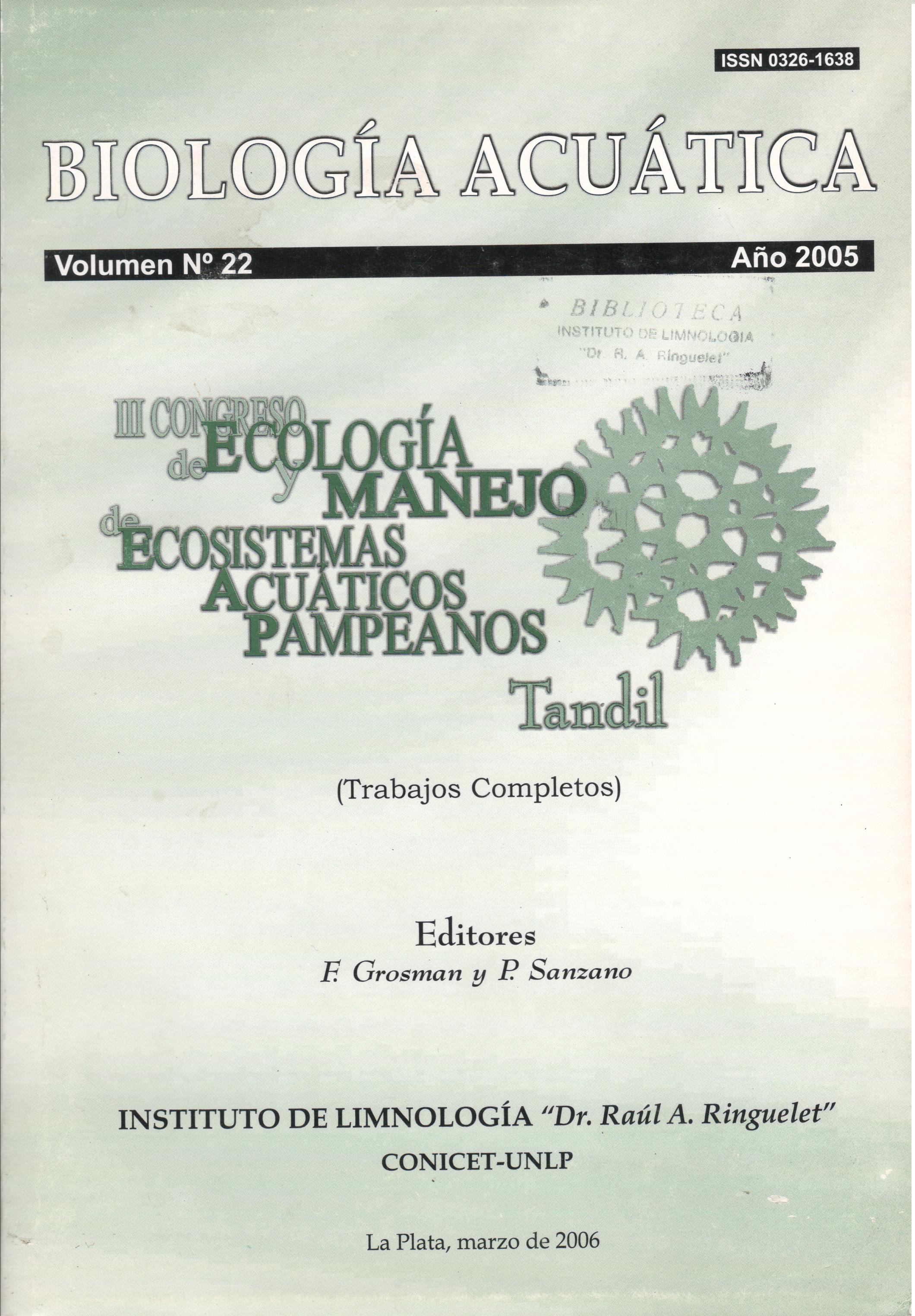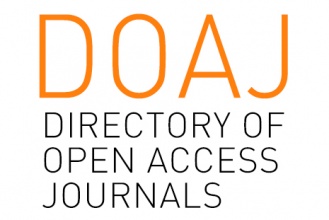Diagnóstico ictiológico de la laguna La Peregrina, partido de Gral. Pueyrredón, para su incorporación al circuito productivo
Palabras clave:
ictiofauna, Odontesthes bonariensis, pesca deportiva, recursos pesqueros, ArgentinaResumen
During the last decades lagunas were massively incorporated to the circuit of sport fishing, as a reaction to quality and quantity increase of the demand for this activity’s practice. «Domino effect» was the main responsible for opening of this fishermen helped by attracting economic yields. Laguna La Peregrina is a typical case. From the human point of view, the pejerrey Odontesthes bonarienses has not been taken advantage of as there have been very few extractions. To use the environment with profitable purposes, a diagnosis of fishing resources was made in order to schedule a plan for taking advantage thereof. Samplings were made in autumn 2003. Information from the physicchemical and biological aspects was obtained with emphasis on ichthyocenosis. Density was low related to scarce density of phytoplankton, dominated by cyanophytas. Zooplankton was abundant. Fish diversity was low with pejerrey predominance, whose catch per unit effort (cpue) was very high, and specimen had excellent bearing and condition. Specimens greater than 300 mm Lstd were zooplanktophagous, the rest of the status were from other communities. It was highlighted size distribution, gonadal activity, alevins capture, decompensate relation of sexes, greater length average of females and disorder in scales. The raised hypotheses allude to a sampling error, different growth for each sex, thermo dependence sexual regulation, and presence of a estrogenic substances in the aquatic environment. Processed diagnosis showed that plankton chain constitutes the base of the main trophodynamics relations of the system. Phytoplankton was intensely grassing by zooplankton, which, in trophic terms, maintains ichthyocenosis dominated by the pejerrey, whose demographic parameters and condition are totally favorable to establish a sport fisheries. Previously, water quality analysis must be performed to explain potential presence of polluting agents of agricultural origin.






















